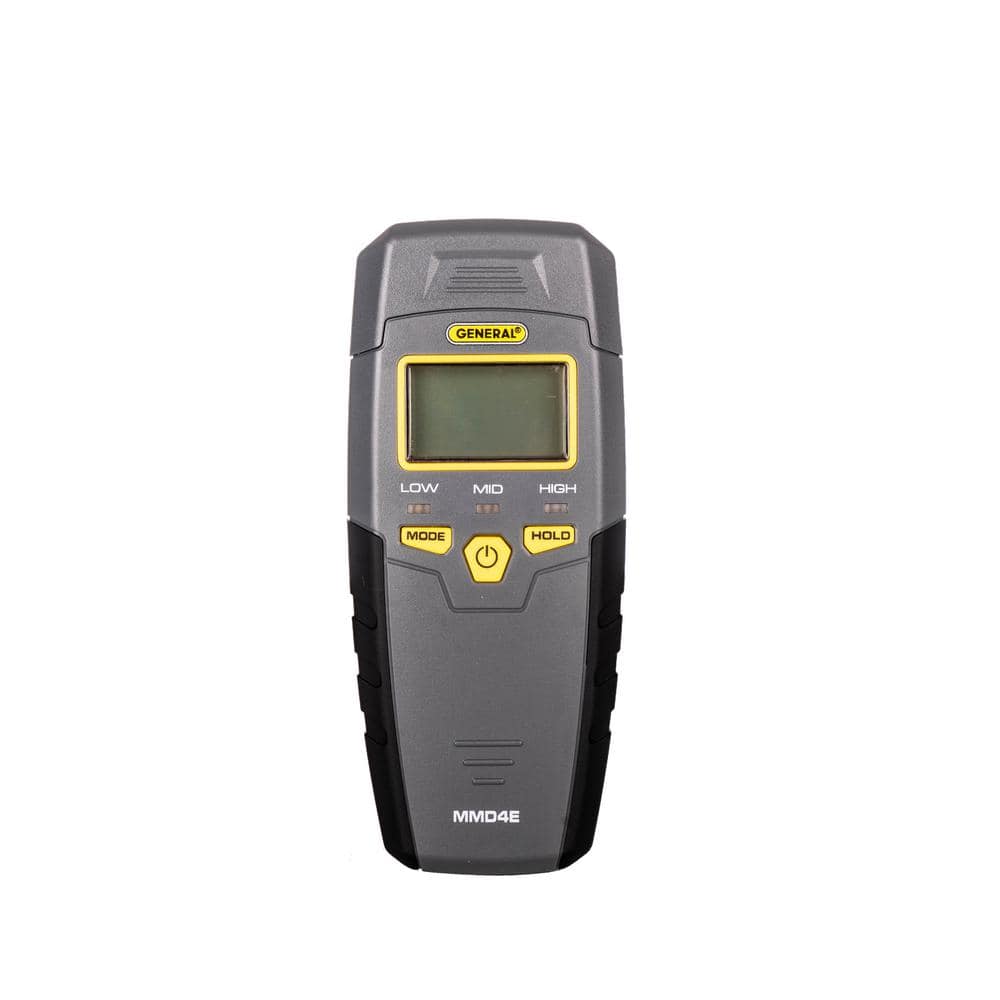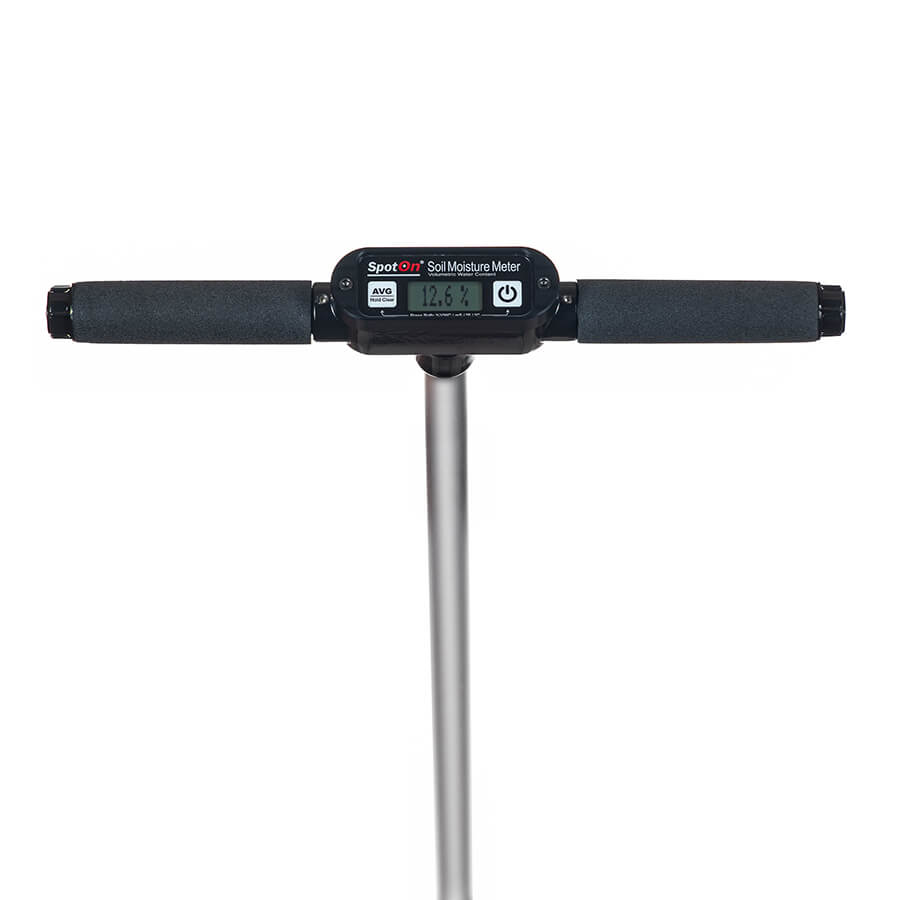Moisture Meter Buying Guide: What to Look for in High-Quality Instruments
Moisture Meter Buying Guide: What to Look for in High-Quality Instruments
Blog Article
The Ultimate Overview to Moisture Meters: A Comprehensive Summary and Exactly How They Can Save You Money
In the realm of building upkeep, building and construction, and various industries, the importance of accurately gauging wetness levels can not be overstated. Moisture meters act as crucial devices in discovering and keeping track of moisture material in materials, assisting in avoiding costly problems and making sure the high quality of products. Recognizing the nuances of different kinds of wetness meters, their applications, and the prospective cost-saving benefits they use can be a game-changer for experts and organizations alike. Uncovering how these tools can not only simplify processes however also add to financial cost savings is a trip worth embarking on.
Sorts Of Moisture Meters
One common kind is the pin-type moisture meter, which measures the electric resistance in between 2 pins placed right into a product. Pinless wetness meters, on the various other hand, usage electro-magnetic sensing unit plates to scan a bigger area without creating damages to the material's surface area.
Infrared moisture meters measure the thermal buildings of a product to establish its moisture material non-invasively, making them valuable for applications where pin or pinless meters may not be suitable. Recognizing the various kinds of wetness meters offered can aid sectors pick the most appropriate tool for their details wetness measurement demands.

Benefits of Using Moisture Meters

In addition, using dampness meters can bring about raised power performance. By determining areas with high moisture levels, such as leaks or bad insulation, adjustments can be made to improve power preservation and lower energy costs. In agricultural setups, dampness meters play an essential role in optimizing plant returns by allowing farmers to check soil dampness levels and make notified watering decisions. Overall, the benefits of using dampness meters cover across different industries, offering affordable remedies and advertising better quality control techniques.
How to Choose the Right Moisture Meter
Picking the suitable dampness meter entails considering key factors such as material compatibility, measurement range, and calibration precision. When selecting a wetness meter, it's important to ensure that the meter is suitable for the particular material you will certainly be testing. Various materials have varying electrical residential properties that can influence dampness readings, so selecting a meter developed for your material is important for accurate outcomes. In addition, take into consideration the dimension variety of the wetness meter. Guarantee that the meter can spot moisture degrees within the array needed for your applications. Calibration accuracy is one more vital element to keep in mind (Moisture Meter). Choose a moisture meter with dependable calibration to make sure consistent and precise readings. Some meters might call for periodic calibration modifications, so understanding the calibration process is important. By carefully evaluating these elements, you can choose a wetness meter that satisfies your requirements and offers accurate wetness dimensions for your jobs.
Correct Techniques for Moisture Meter Use
To ensure accurate moisture readings and make the most of the efficiency of a wetness meter, using proper techniques is vital. When utilizing a pin-type moisture meter, put the pins or probes into the product being examined till they make complete call. By following these appropriate strategies, customers can depend on their dampness meter to offer reliable dampness degrees, assisting in preventing pricey damages or ensuring high quality in different applications.

Expense Cost Savings With Moisture Meter Applications
How can the calculated use of dampness meters lead to significant expense savings throughout various sectors? In the farming industry, dampness meters help in determining the optimal time for harvesting plants, avoiding excess or over-drying dampness that can affect the last item's high quality.

In addition, in the food handling industry, dampness meters are important for checking item top quality and making sure conformity with safety and security regulations. By properly measuring wetness material in food, suppliers can stop perishing, maintain quality, and reduce waste, causing substantial price financial savings. Overall, the strategic application of wetness meters is a beneficial investment that can bring about significant expense reductions and enhanced effectiveness across numerous markets.
Conclusion
To conclude, dampness meters are useful devices for discovering and measuring dampness degrees in numerous materials. By utilizing the right moisture meter and following proper methods, users can effectively prevent costly damages brought on by excess wetness. Buying a high quality wetness meter can result in considerable price savings in the future by determining prospective problems early on and making it possible for prompt removal. Inevitably, wetness meters are crucial instruments for preserving the honesty and durability of materials and structures.
Dampness meters serve as important devices in finding and keeping an eye on moisture content in products, helping in stopping costly problems and ensuring the quality of items. Infrared moisture meters gauge the thermal properties of a product to establish its moisture material non-invasively, making them useful for applications where pin or pinless meters might not be ideal.Dampness meters supply vital advantages in precisely monitoring and evaluating moisture levels in diverse products and atmospheres. In agricultural setups, wetness meters play a crucial function in optimizing plant returns by making it possible for farmers to keep track of soil dampness degrees and make notified watering decisions.In final thought, wetness meters are beneficial devices for useful source finding and measuring dampness degrees in numerous materials.
Report this page